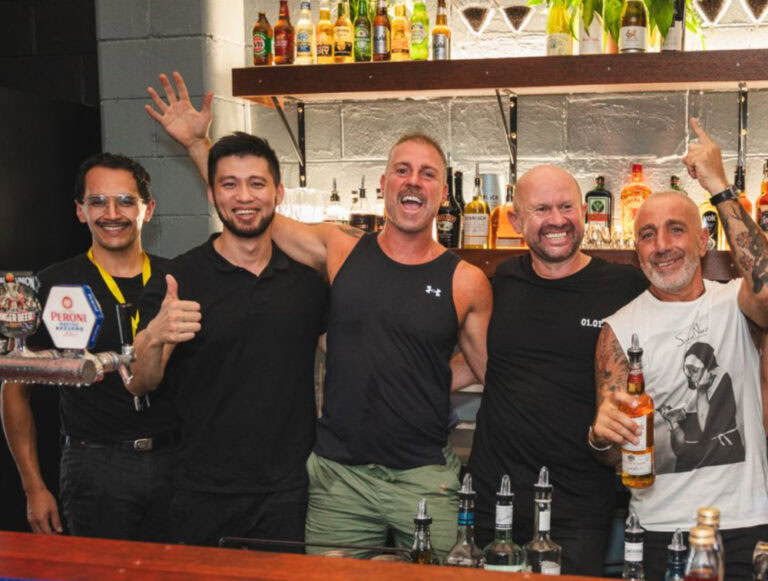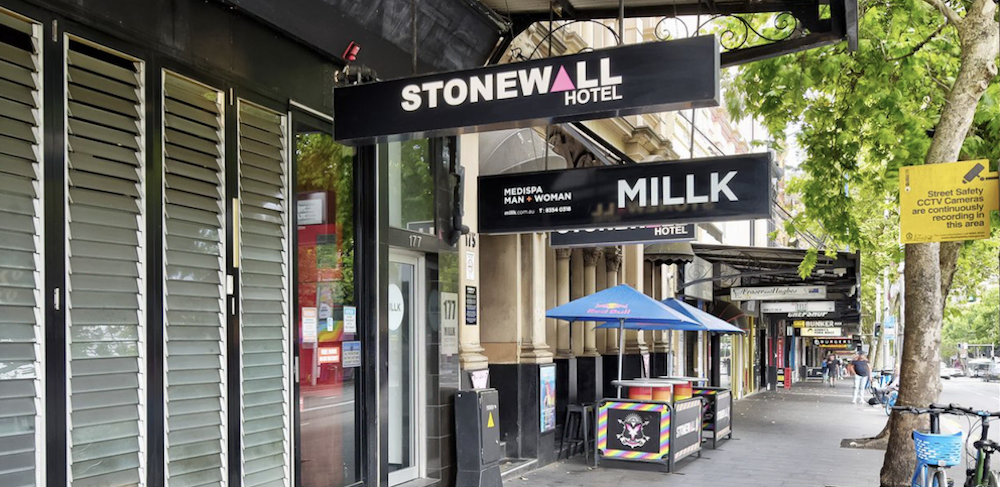
Report highlights sexual health barriers for gay Asian men in NSW

A new report aims to increase awareness around the sexual health barriers faced by gay Asian men in NSW, particularly those that have recently migrated to Australia.
The discussion paper was created by ACON and outlines the impact of HIV on gay men from Asian cultural backgrounds.
It highlights the importance of ongoing discussion around sexual health and relationships, and calls for new strategies for effective HIV prevention and education.
The research shows that sexual practices among gay Asian men in Sydney have changed over recent years. Rates of condomless intercourse with casual partners have increased to 37 per cent from 14 per cent in 2002, now on par with the general gay community.
Gay Asian men have also caught up to the general gay population in terms of HIV testing, with 90 per cent reporting having ever tested and over 80 per cent having tested in the last year.
Chief Executive of ACON Nicolas Parkhill said the paper underscores the importance of current data and informed discussion towards a contemporary, community-led and culturally relevant HIV response for gay Asian men.
“Asian gay men are a dynamic and changing population with diverse health needs who comprise a growing proportion of NSW’s gay community,” Parkhill said.
“Sexual practices, sexual identities and attitudes towards HIV among Asian gay men are rapidly changing, both for men living in Australia and in Asian countries, with implications for HIV prevention, treatment and care.
“However, while Asian gay men are more engaged with issues related to their sexual health, there are still a range of barriers preventing many from accessing appropriate care and support in relation to HIV.
“Previous experiences of criminalisation, fear of disclosure, visa precariousness, Medicare ineligibility, experiences of racism and isolation, and of course language barriers all affect their ability to negotiate safe sex and access testing and treatment options.”
The paper calls for strategies to enhance effective HIV prevention and education, including LGBTI inclusivity and diversity training for service providers, culturally relevant sexual health education, and expansion of community-based testing and prevention programs.
It also recommends changes to the legal environment regarding HIV disclosure, testing and migration policies for people with HIV.









